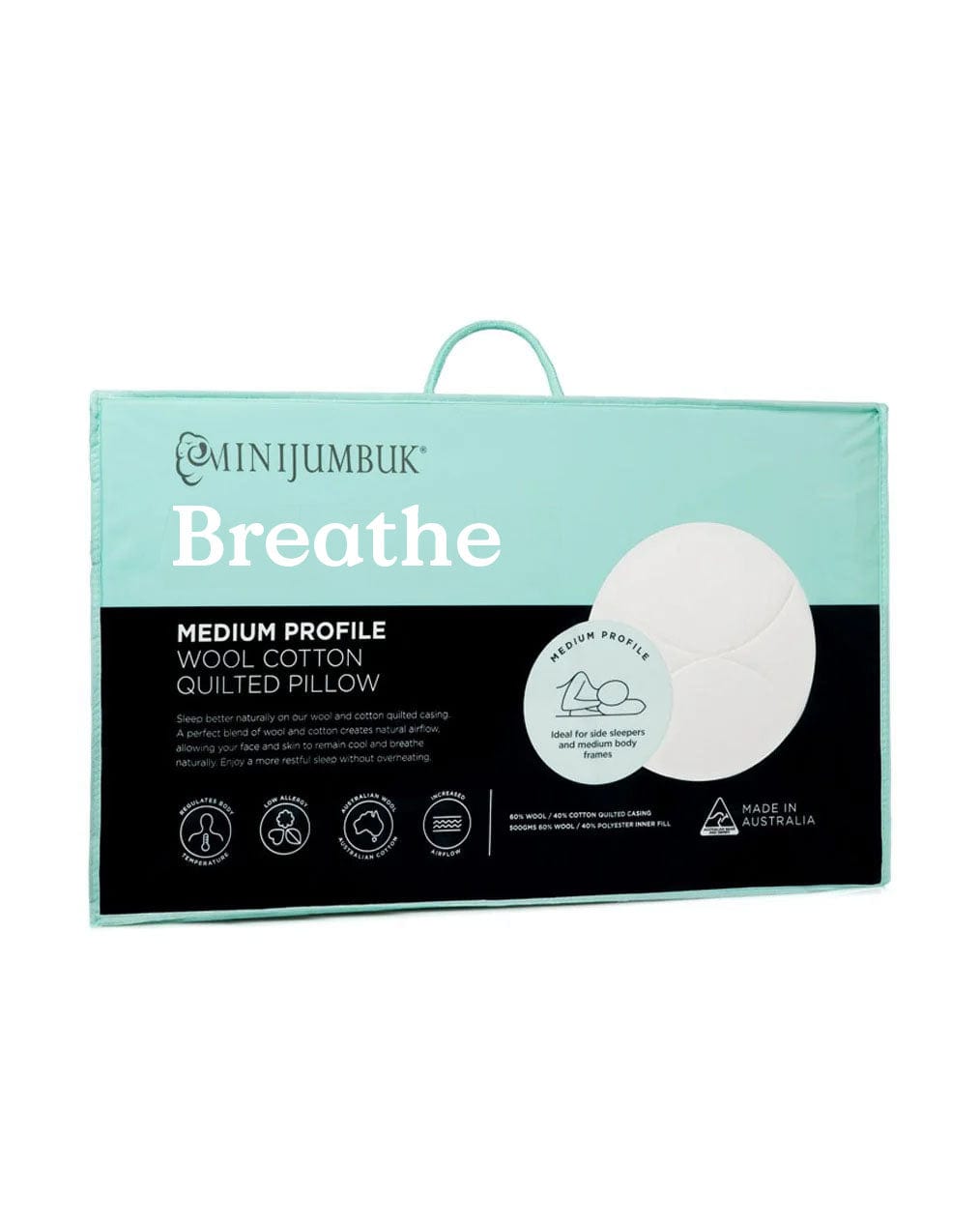Sleep is a vital component of our overall health. Many people struggle with sleep-related issues, along with other factors like stress, poor diet and lack of physical activity that also result in poor sleep. Vitamin D and magnesium are two elements that can help improve the quality of your sleep.
Vitamin D:
Vitamin D is often referred to as the ‘sunshine vitamin’ because it plays a pivotal role within our body, impacting bone health, immune system support and mental well-being. Recently, researchers have recognised its significance in regulating sleep patterns.
- Vitamin D: influences the body's internal clock, known as the circadian rhythm. An appropriately synchronised circadian rhythm helps maintain a regular sleep-wake cycle, ensuring you fall asleep and wake up at the right time.
- Mood Enhancement: Deficiency in Vitamin D has been linked to mood disorders including depression, which can negatively impact sleep quality.
- Sleep Disorders: Some sleep disorders, like sleep apnea and restless leg syndrome, have been associated with Vitamin D deficiency.
Magnesium:
Magnesium is an essential mineral that plays a crucial role in more than 300 biochemical reactions in the body. It is often referred to as the ‘relaxation mineral’ due to its calming, soothing effect on the nervous system.
- Muscle Relaxation: Magnesium helps relax muscles and ease tension, which can be especially helpful for individuals who suffer from nighttime muscle cramps or restless leg syndrome.
- Anxiety and Stress Reduction: This mineral has been shown to reduce anxiety and stress, both of which can interfere with falling asleep and staying asleep.
- GABA Production:Magnesium is known to influence GABA (gamma-aminobutyric acid) production. GABA is a neurotransmitter that promotes relaxation and helps calm the mind, making it easier to achieve a restful night's sleep.
The combination of Vitamin D and magnesium can be particularly beneficial for improving sleep quality. Here's why:
- Vitamin D aids in the regulation of circadian rhythms, while magnesium promotes muscle relaxation and calms the nervous system. Together, they create an environment conducive to restful sleep.
- Vitamin D can enhance mood and reduce the risk of sleep-disrupting mood disorders, while magnesium can further alleviate anxiety and stress, contributing to a more peaceful state of mind at bedtime.
How to Incorporate Vitamin D and Magnesium:
- Sun Exposure: Spend some time outdoors to naturally boost your Vitamin D levels. Be mindful of sunscreen, as it can block the synthesis of Vitamin D.
- Dietary Sources: Include Vitamin D-rich foods such as fatty fish, fortified dairy products, and eggs in your diet. Magnesium can be found in foods like nuts, seeds, whole grains, and dark leafy greens.
- Supplements: If you have a deficiency or have difficulty obtaining these nutrients through diet and sun exposure, consider supplements under the guidance of a healthcare professional.
It is recommended that Vitamin D levels checked by a professional before adding any supplements to your diet. By taking a holistic approach to sleep health and including these natural remedies in your routine, you can pave the way for more peaceful nights and brighter, more energised day.
Source:
https://www.ncbi.nlm.nih.gov/pmc/articles/PMC3897598/




















